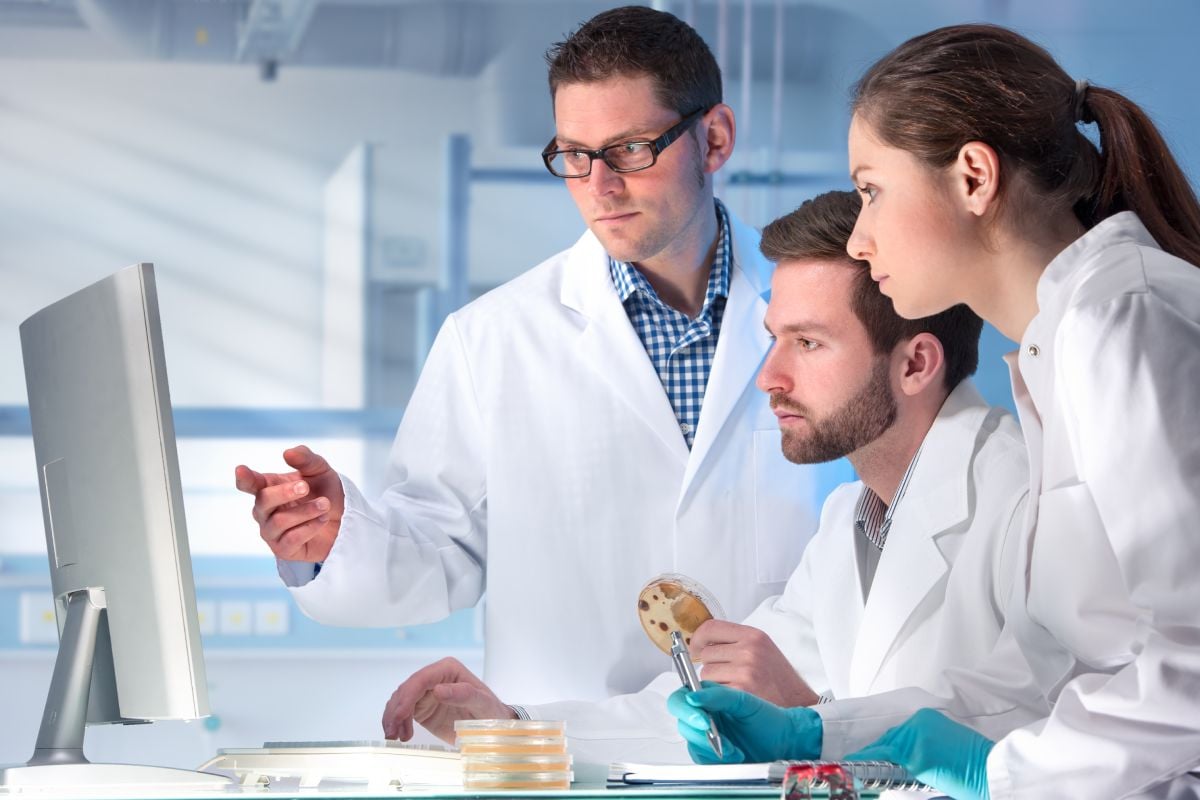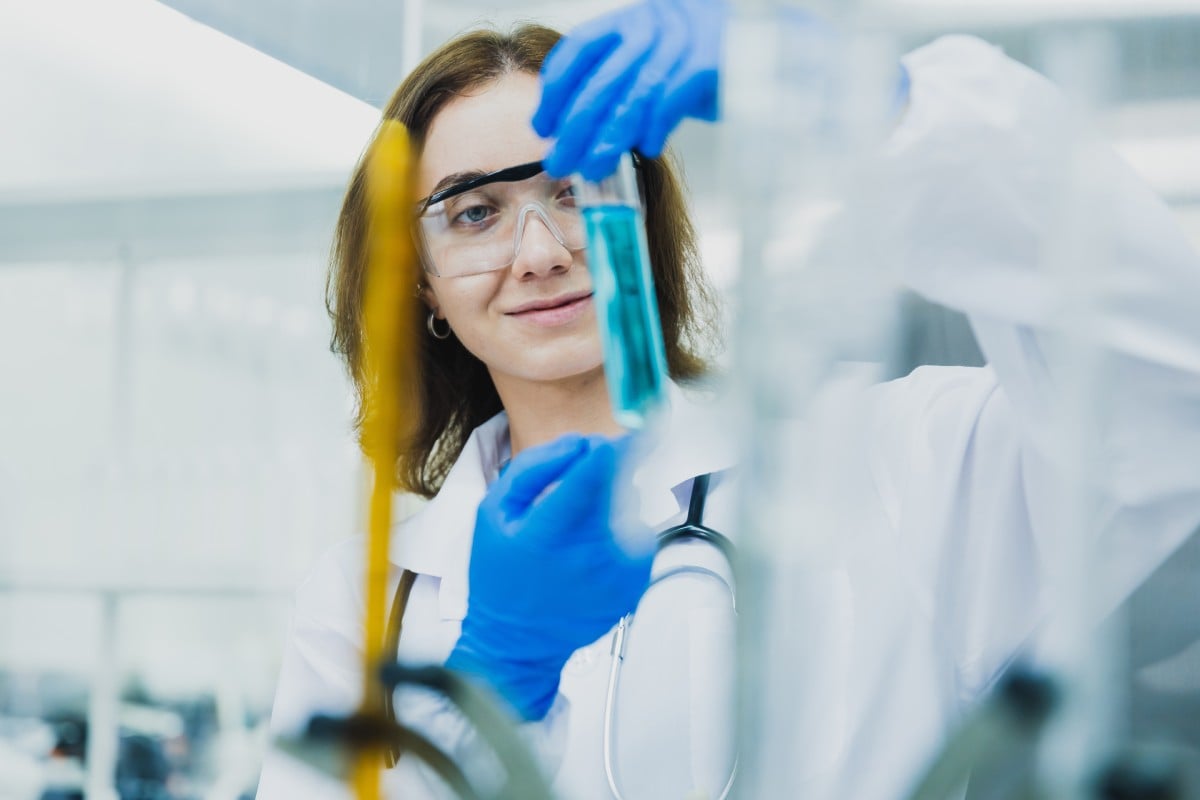11 Top Lab Management Hacks
Are you looking for ways to streamline your lab management? In this blog post, we will share tips to help you manage your lab better and get more done.
No matter where you work, these tips will help you improve your lab work and get better results. Let's dive in and discover the best practices for effective lab management.
Organizing Your Lab Space With a Lab Management System
Organizing your lab space is crucial for efficiency and safety. Start by decluttering and removing any unnecessary items. Categorize all equipment and supplies, and designate specific storage areas for each category.
By maintaining a well-organized lab space, you can enhance productivity. You’ll reduce the risk of accidents, and optimize overall functionality.
Efficient Storage Solutions
When it comes to managing a lab, efficient storage solutions can make all the difference. To maximize space and stay organized, use shelves, bins, and cabinets for storage. To make it easier to find things, use transparent containers to see what's inside. Using a storage system that puts important items first can make day-to-day work faster.
Proper Labeling Systems
Implementing a proper labeling system is crucial for maintaining an organized lab space.
Clear and consistent labeling helps find and use containers, shelves, and equipment fast. Use different colored labels for each category of materials or equipment. To prevent confusion and maintain efficiency, regularly check and update lab labels.
Sharing Strategies for Effective Team Management
Effective team management is key to harmonious and efficient lab operations. Lab managers can build a strong team by promoting open communication. Tasks should be assigned according to each person's abilities, with training and support provided. Working together and acknowledging everyone's contribution creates a positive workplace and boosts productivity.
Enhancing Communication Within the Lab
Clear communication is vital for successful lab management. To avoid confusion, hold regular team meetings and use communication tools to share information. Encourage open dialogue.
Using Collaboration Tools
In a lab environment, seamless collaboration is paramount for productivity. Using tools like Slack or Microsoft Teams helps streamline communication and project management. These platforms allow instant messaging, file sharing, and project tracking, facilitating efficient teamwork. Moreover, using cloud-based document-sharing platforms like Google Drive or Dropbox enables real-time collaboration.
Fostering a Collaborative Work Environment
Creating a collaborative work environment encourages knowledge-sharing and innovation. Labs can improve by organizing projects, working together, and celebrating achievements. Fostering a culture of collaboration inspires creativity and promotes a supportive work environment.

Streamlining Lab Procedures with SOP’s
In a busy laboratory setting, efficiency is key to maintaining productivity and accuracy. Using standard operating procedures (SOPs) can make lab procedures more efficient. SOPs ensure tasks are done consistently and following guidelines. This reduces errors and saves time by removing the need for repeated instructions and training.
SOPs give clear instructions for lab tasks like preparation, testing, and equipment maintenance. Completing tasks in a standardized way reduces errors and can be done by anyone.
Using Automation Tools and Lab Management Software
Automation tools in the lab can make procedures easier by reducing manual work and simplifying repetitive tasks. Lab workers can save time by using technology like robotic liquid handlers and automated temperature monitors.
This allows them to concentrate on complex analysis and decision-making. Automation reduces mistakes and ensures consistent, reliable results in various experiments and processes.
Laboratories can improve their workflow, accuracy, and productivity by using standard procedures and automation tools.
Ensuring Safety and Compliance
One important aspect of lab management is making sure it is safe and follows regulations. Without a doubt, maintaining a safe environment is a top priority for any laboratory. This means more than just meeting minimum requirements, it means ensuring a safe and compliant workspace for everyone.
Regular Equipment Maintenance
Regular maintenance of laboratory equipment is non-negotiable. It is essential for preventing accidents and ensuring the accuracy of experimental results. Creating a schedule for regular checks, calibrations, and servicing of lab equipment is important for safety. To keep the lab in good condition, it's important to keep records of maintenance and fix problems right away.
Adhering to Regulatory Guidelines
Adhering to regulatory guidelines is crucial for compliance and safety. Learn the rules from organizations like OSHA and CDC that apply to your research field. Lab management should regularly receive training and education on these guidelines. To keep the lab safe and compliant, we need a strong system to monitor and enforce these standards.
Keeping the laboratory safe and following the rules is an ongoing task that requires effort and being proactive. To ensure safety and compliance, prioritize regular equipment maintenance and follow regulatory guidelines diligently.
Lab Inventory Management: Maximizing Productivity
Boost your lab's productivity with these proven strategies. By implementing efficient workflows and optimizing resource allocation, you can maximize output without sacrificing quality.
Time Management Techniques
Efficiency is key in a lab. Prioritize tasks by urgency and importance using the Eisenhower Matrix. This method categorizes tasks into urgent, important, not urgent, and not important. It helps focus on high-priority tasks.
Or why not try the Pomodoro Technique, a time management method that breaks work into intervals with short breaks?
Cost-saving Strategies
Saving money in the lab is crucial. You can do this by buying in bulk, negotiating with vendors, and finding new suppliers. This won’t mean sacrificing quality. It's also important to use energy-efficient equipment and start recycling programs.
Lab Management Solutions Increase Productivity
Using these top lab management hacks can significantly improve efficiency and organization in your laboratory. To make your work more efficient, focus on safety. Keep your workspace organized, manage inventory well, and use technology effectively.
Browse our catalouge of high quality chemicals so that not only will your lab work at peak efficency, but also produce the highest quality lab results.


